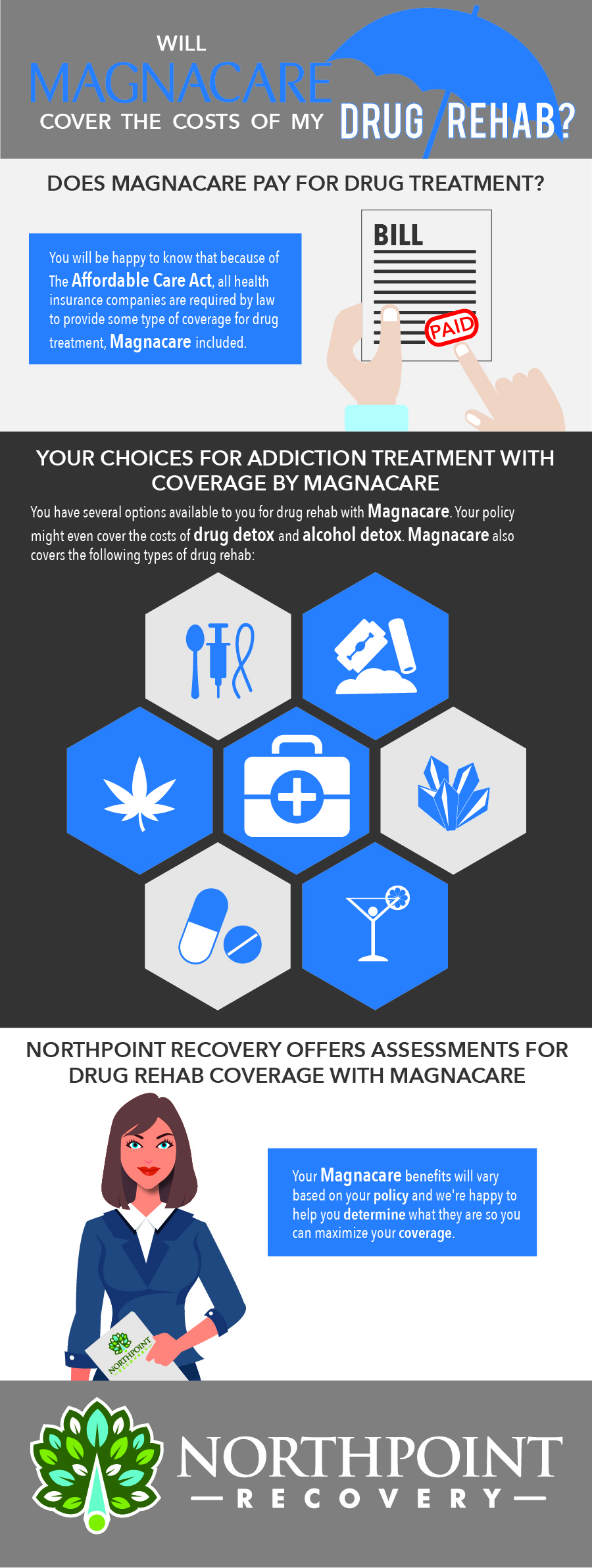Why Aftercare In Drug Rehabilitation Is Important For Long-Lasting Healing. Find Out Exactly How Support Group Can Assist You Remain Sober And Construct A Fulfilling Life
Why Aftercare In Drug Rehabilitation Is Important For Long-Lasting Healing. Find Out Exactly How Support Group Can Assist You Remain Sober And Construct A Fulfilling Life
Blog Article
Write-Up Author-Vittrup Worm
You can't do it alone. Recovery from drug addiction requires a solid support system.
The significance of aftercare in drug rehab can not be overstated. In this article, we will discover the function of therapy, the advantages of treatment, and the foundation provided by peer support system in maintaining sobriety.
So, order a mug of coffee, relax, and allow us lead you with the crucial steps of post-rehabilitation assistance.
The Role of Therapy in Aftercare
If you intend to maintain your sobriety after leaving rehabilitation, it's important that you proceed participating in counseling sessions as part of your aftercare strategy.
Therapy plays an important function in your recovery trip by supplying ongoing support, support, and a safe area to share your feelings and problems.
Through counseling, you can resolve any type of underlying issues that might have added to your addiction, develop coping methods, and learn much healthier ways to take care of stress and yearnings.
It enables you to resolve any kind of unresolved feelings and develop a better understanding of yourself and your triggers.
The Advantages of Treatment in Keeping Sobriety
To preserve your soberness, therapy can offer countless benefits.
- Which Drug Is Used To Treat Opiate Addiction Muse Treatment Los Angeles supplies a safe area for you to explore and deal with the underlying concerns that may have contributed to your addiction.
- It allows you to overcome your emotions and create much healthier ways of dealing with anxiety and activates.
- With therapy, you can acquire a far better understanding of yourself and your patterns of actions, which can help you make favorable changes in your life.
- In addition, therapy offers you with a support group of experts who are trained to assist and assist you on your trip to recuperation.
- They can supply useful understandings, devices, and methods to assist you browse the difficulties that might emerge.
- In treatment, you can learn to create healthy and balanced coping abilities, develop resilience, and boost your general wellness.
Peer Support System: A Structure for Lasting Recovery
You can discover enduring recovery by proactively joining peer support groups and connecting with others that share comparable experiences and objectives.
Peer support groups give a safe and non-judgmental room where individuals in recovery can come together to share their struggles, successes, and insights. By proactively participating in these groups, you can get the assistance and encouragement you need to stay on the course of recuperation.
Getting in touch with others who've gone through similar experiences can be unbelievably equipping, as it aids you realize that you aren't alone in your trip. It also permits you to pick up from others who've efficiently gotten rid of similar obstacles. Together, you can commemorate landmarks, hold each other answerable, and deal guidance and advice.
Via these connections, you can construct a solid support group that will assist you navigate the ups and downs of recuperation and inevitably discover enduring recovery and change.
Verdict
You've discovered the crucial role of aftercare in drug rehabilitation. https://www.herald-dispatch.com/news/the-point-cafe-to-serve-as-new-recovery-resource-center/article_18fea6e1-971a-5d88-90d9-eae25efbdce7.html , treatment, and peer support groups contribute to lasting healing. Right here's a shocking fact to grasp the magnitude of the issue: studies show that individuals that receive aftercare therapy are 50% most likely to maintain sobriety contrasted to those who do not.
So, picture the transformative power of these support systems in aiding people recover their lives and construct a brighter, drug-free future.
